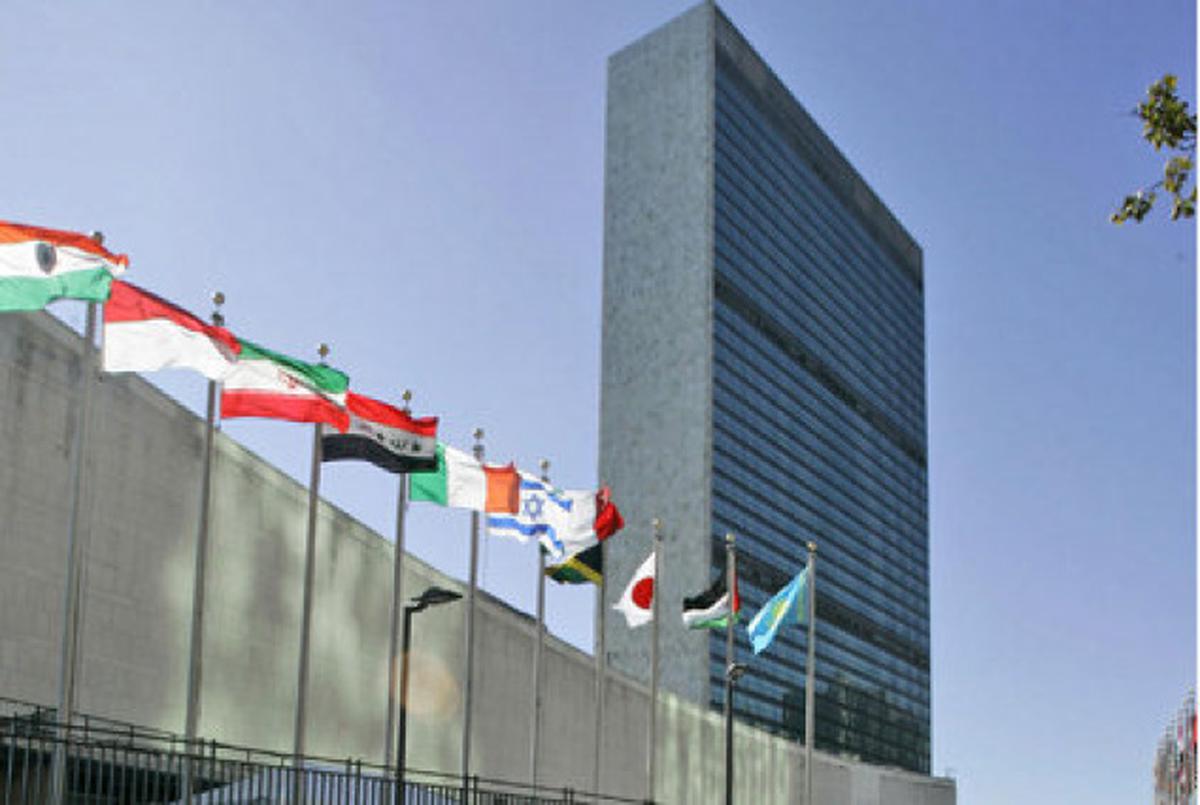
The recent collapse of the Kakhovka Dam in southern Ukraine has led to dire consequences for the affected areas. Residents have been stranded, power supplies are under threat, and an environmental catastrophe looms as the conflict in the region enters its 16th month. Amidst this crisis, the United Nations has raised concerns over Russia’s alleged denial of access to aid workers in the Russia-occupied territories. The UN Humanitarian Coordinator for Ukraine, Denise Brown, has called upon the Russian authorities to fulfill their obligations under international humanitarian law and allow access to the affected regions.
Table of Contents
- Introduction
- The Kakhovka Dam Collapse: Overview
- Stranded Residents and Threatened Power Supplies
- Environmental Consequences and Humanitarian Crisis
- United Nations’ Efforts for Access
- Russia’s Response and International Humanitarian Law
- The Way Forward
- Conclusion
- FAQs
Introduction
The collapse of the Kakhovka Dam in southern Ukraine has created a significant humanitarian and environmental crisis. The United Nations, as a key international organization, has expressed concerns over the alleged denial of access to aid workers by the Russian authorities in the occupied territories. This article aims to shed light on the situation, the consequences of the dam collapse, and the United Nations’ efforts to address the issue.
The Kakhovka Dam Collapse: Overview
The Kakhovka Dam, located in southern Ukraine’s Kherson region, suffered a catastrophic breach, leading to the release of a massive amount of water. The collapse has resulted in widespread damage to infrastructure and caused severe disruptions to the lives of the local population. The situation has been further exacerbated by the ongoing conflict in the region, making it difficult to provide essential aid and support to those affected.
Stranded Residents and Threatened Power Supplies
As a result of the dam collapse, numerous residents in the affected areas find themselves stranded and in need of immediate assistance. The flooding has disrupted transportation networks, making it challenging to reach those in need. Moreover, the collapse poses a significant threat to power supplies in the region, with the potential for prolonged blackouts and further hardships for the local population.
Environmental Consequences and Humanitarian Crisis
The breach of the Kakhovka Dam has triggered an environmental catastrophe in southern Ukraine. The uncontrolled release of water has caused widespread flooding, damaging agricultural lands and ecosystems. The contamination of water sources further exacerbates the situation, posing health risks to the affected population. This environmental crisis calls for urgent action to mitigate the damage and prevent further harm to the region’s ecosystem.
United Nations’ Efforts for Access
The United Nations, through its Humanitarian Coordinator for Ukraine, Denise Brown, has been actively engaged in addressing the consequences of the dam collapse. The organization has been in contact with both Moscow and Kyiv, urging them to allow access to the affected areas for aid workers. The United Nations emphasizes the importance of fulfilling international humanitarian law obligations to provide assistance to those in need during times of crisis.

Russia’s Response and International Humanitarian Law
Despite the United Nations’ appeals, the Russian authorities have allegedly declined requests to grant access to aid workers in the Russia-occupied territories. This denial of access raises concerns about Russia’s compliance with international humanitarian law. The United Nations calls upon the Russian government to fulfill its obligations and facilitate the delivery of humanitarian aid to the affected regions.









